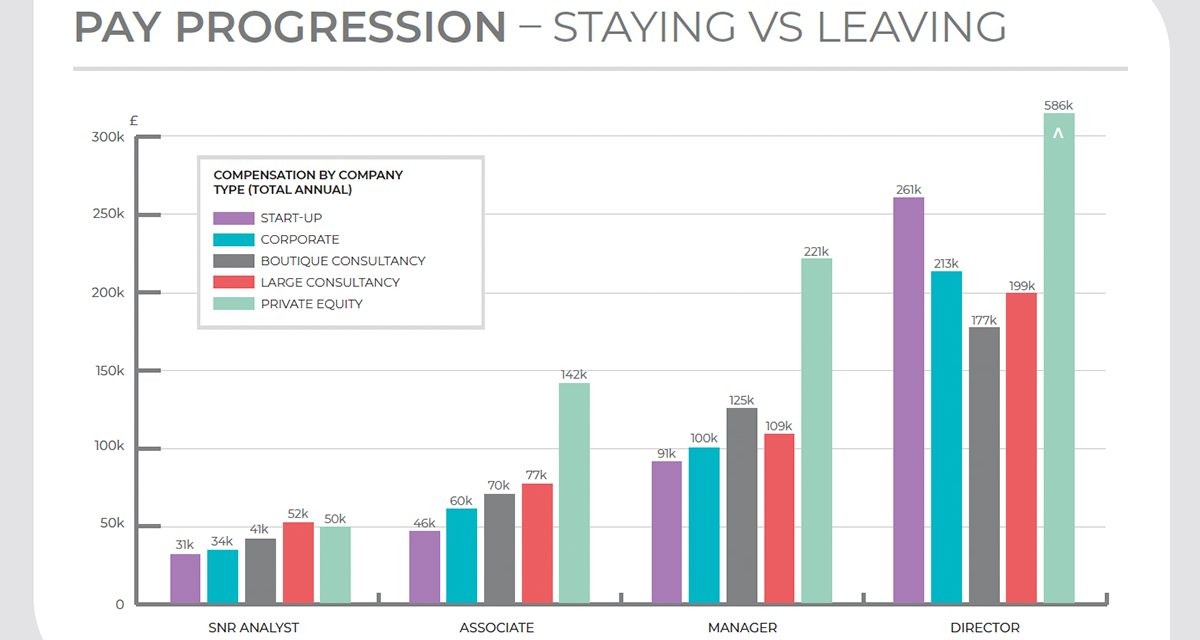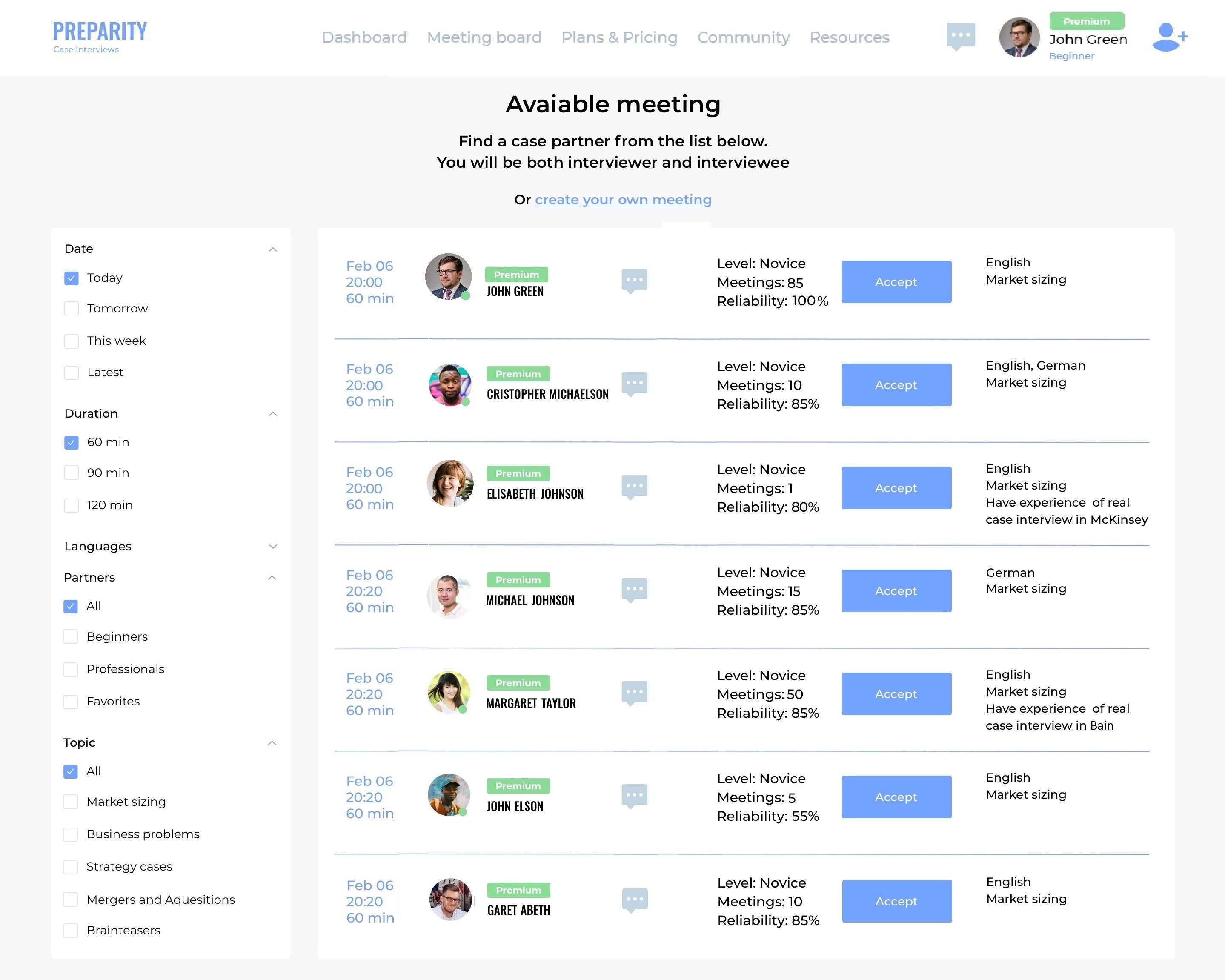
If you're interested in joining McKinsey, you've come to the right place. Here you can learn about the application process, how to prepare for an interview, and the requirements to apply for a Summer program. If you're a post-doc, MD student, or PhD, you'll find more information about the program and how to apply.
Recruiting process
McKinsey is one of the most stringent corporate recruitment processes. There are more than 200K applicants. The process aims to select a few candidates. The acceptance rate is 1% which makes it one of the most competitive corporate jobs. There are many stages to this process. These include the McKinsey Probl Solving Test and application screening. Management Consulted provides guides as well as other sources that can help you prepare for the test.
The recruiting process involves several different steps, depending on whether the candidate is an undergraduate student or an advanced graduate candidate. Although the process of recruiting is similar for both types, there are some important differences between each stage. The first thing you need to do is decide where you want to go.

Interview process
Four parts make up the McKinsey Advanced Degree Interview. The interview is divided into two parts. The first involves a two-hour process that focuses around a case study as well as a personal story. Successful applicants will then be invited to the second round. It involves a case and advanced problem-solving tests.
After you fill out the application, you need to submit your resume. Make sure your resume is up to date with relevant work experience. The sooner you submit your job application, the better. It is also a good idea that you double-check everything before sending it.
Requirements
McKinsey & Company offer a variety of positions in its consulting department. This includes associates, business analyst, and consultants. Each of these positions require expertise in a certain industry to help organizations succeed. An advanced degree in a relevant area is required to apply.
McKinsey seeks candidates with exceptional problem-solving abilities and intellectual horsepower. A PhD, JD or MD is usually a well-qualified candidate. The company also values intellectual curiosity and industry expertise. A PhD might not be required in order to be considered for consultant status, but it will give the candidate an edge in the eyes and minds of clients.

Summer program
McKinsey internships are available to undergraduate and graduate students in all levels of advanced education. This program allows you work with McKinsey to solve client problems. Students can apply as associates or analysts. The program is open all North American students.
The program is highly competitive, but it will give you a leg up when applying for a full-time position. In most cases, you will get a guarantee for a first-round interview for a full-time role after completion of the program. The deadline to submit an application is March 11, 20,22.
FAQ
What qualifications do you need to be a consultant?
It is not enough to have an MBA degree. You must also have experience as a consultant. You should have at least two years of experience in consulting and/or training for a major company.
You must have worked closely with senior management teams on strategy development projects. You will need to feel comfortable communicating ideas to clients and getting their support.
You'll also need to pass a professional qualification exam such as the Chartered Management Institute's Certified Management Consultant (CMC) certification.
Do I need a degree to be a consultant?
It is best to study a subject well and then practice what you have learned.
If you are interested in becoming a great advisor, then start learning now!
If you have a degree but no relevant experience, you may struggle to get hired. But, if your qualifications are comparable to those who have been hired, you might still be eligible to apply.
But remember, employers will always look for candidates with real-world expertise.
How much do consultants earn?
Some consultants make over $100k per year. However, most consultants only make $25-$50k. The average salary for a consultant is $39,000. This includes both salaried and hourly consultants.
Salary depends on the experience of the consultant, their location, industry, type and length of the contract (contractor or employee), as well as whether they have their own office or work remotely.
Statistics
- My 10 years of experience and 6-step program have helped over 20 clients boost their sales by an average of 33% in 6 months. (consultingsuccess.com)
- WHY choose me: Why your ideal client should choose you (ex: 10 years of experience and 6-week program has helped over 20 clients boost their sales by an average of 33% in 6 months). (consultingsuccess.com)
- Over 50% of consultants get their first consulting client through a referral from their network. (consultingsuccess.com)
- So, if you help your clients increase their sales by 33%, then use a word like “revolution” instead of “increase.” (consultingsuccess.com)
- 67% of consultants start their consulting businesses after quitting their jobs, while 33% start while they're still at their jobs. (consultingsuccess.com)
External Links
How To
How to Find the Best Consultant
It is important to first ask yourself what you expect from a consultant when searching for one. Before you look for someone, you need to be clear about your expectations. Before you start looking for a consultant, make a list. This list could include technical expertise, project management skills, communication skills and availability. Once you've listed out these requirements, then you may want to consider asking some friends or colleagues who they would recommend. Ask them what their experience with consultants was like and how they compare to yours. You can also do some online research if you don't know of any. There are many websites, such as LinkedIn, Facebook, Angie's List, Indeed, etc., where people post reviews of their previous work experiences. You can use the comments and ratings left by others to help you find potential candidates. After you've compiled a list of potential candidates, it is time to reach out to them and schedule an interview. You should discuss your requirements with the candidates and ask them how they can help. It doesn't really matter if they were recommended; as long as they understand your business objectives, they will be able to show how they could help you achieve them.